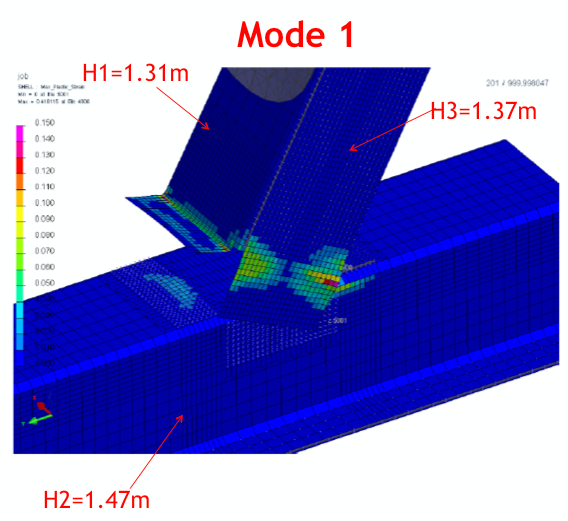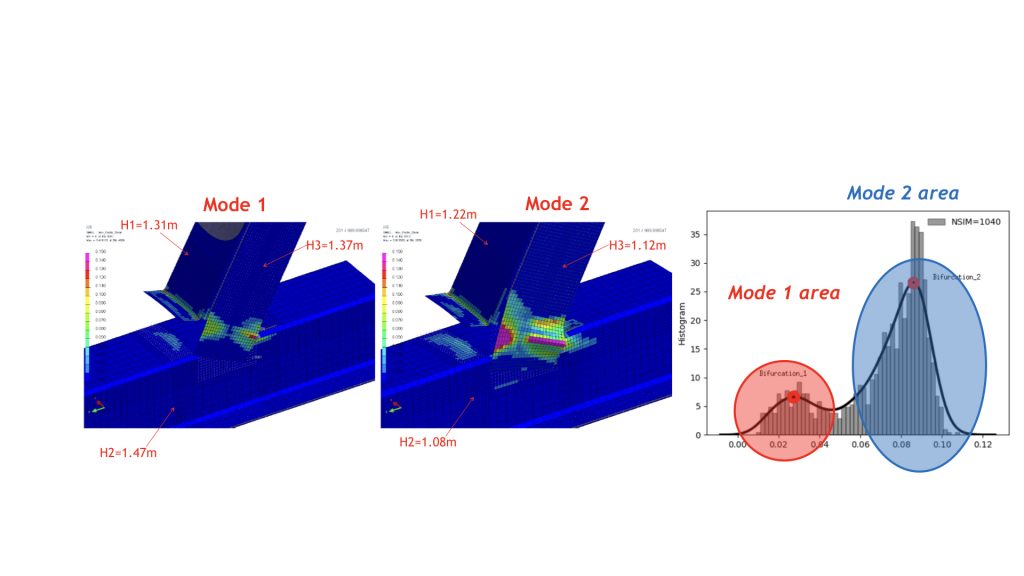

Reduced-order and surrogate models for automotive research: parametric design and Uncertainty Quantification
25 March, 2020 @ 12:00 pm - 1:00 pm
 Pedro Díez is full professor at the Universitat Politècnica de Catalunya (UPC BarcelonaTech), Dean of the Escola de Camins (Civil Engineering School) and Scientific Director at CIMNE.
Pedro Díez is full professor at the Universitat Politècnica de Catalunya (UPC BarcelonaTech), Dean of the Escola de Camins (Civil Engineering School) and Scientific Director at CIMNE.
His main research achievements pertain to the field of Computational Mechanics and, in particular, error estimation and adaptivity for finite elements and alternative discretization methods (Reduced Order Models, meshfree methods, XFEM…). He was visiting professor at Ecole Normale Supérieure de Cachan, Ecole Centrale de Paris and Politecnico di Milano and visiting researcher at Macquarie University (Sydney, Australia) and the Joint Research Center of the European Commission (Ispra, Italy). He has authored more than 50 papers in indexed journals and he has co-chaired the six editions of ADMOS, International Conference on Adaptive Modeling and Simulation, at Goteborg (twice), Barcelona, Brussels, Paris and Lisbon. He served as Vice-Rector for International Policy, coordinating also the participation of UPC in the KIC Innoenergy (2010-2013). He got the IACM Fellow Award, at the 2010 edition.
Abstract
The automotive industry is an extensive user of complex numerical models, requiring large computational resources. These models are stated in terms of input parameters. Often, these parameters are modelled as stochastic and the corresponding solution is consequently a random quantity. The Uncertainty Quantification (UQ) problem consists in propagating the uncertainty of the input into the output of the model. Alternatively, in the case of optimal design or inverse problems, the parametric space has to be browsed in order to identify the values of the parameters that better fit some optimality criteria. Both Uncertainty Quantification (UQ) and optimal design, require performing a huge quantity of queries to the model.
Often, the computational cost of a single query is significant and the multiple queries are computationally unaffordable. This is the case of crashworthiness simulations. Crashworthiness simulation is critical for the validation of automotive design. Many tentative designs fail in fulfilling the strict and demanding safety requirements. In this context, numerical tests are dramatically reducing the cost of design verification, compared with experimental tests performed on prototypes. Dispersion of results due to uncertainty in input data affects both numerical and experimental tests. In the numerical side, UQ pertains to propagating uncertainty in the input data (material properties, geometry, loads… considered to be stochastic) and quantifying uncertainty in the output quantities of engineering interest. In the context of industrial crashworthiness simulations, it is extremely difficult to be intrusive into the code to be used (in this case VPS Pam-Crash).
Thus, a nonintrusive approach in which the code is used as a black box is devised. We discuss also the application of Proper Generalized Decomposition (PGD) to the analysis of parametric body-in-white simulations assessing Noise Vibration and Harshness (NVH) behavior. The idea is to provide in an offline phase a computational vademecum describing the solution with the explicit parametric dependence. Thus, optimal design is a simple postprocess of the parametric solution in which the user has access also to the explicit sensitivities.

